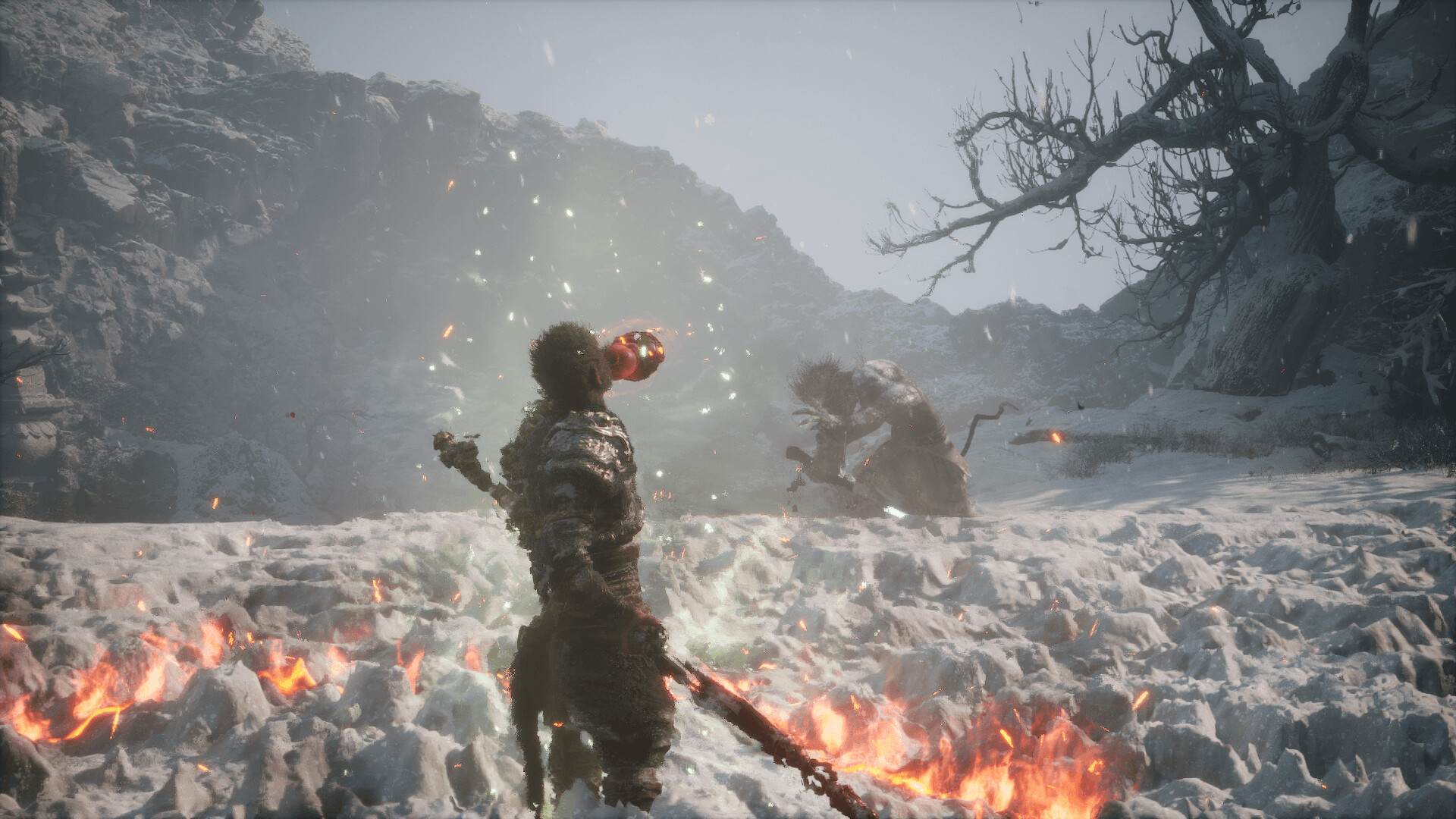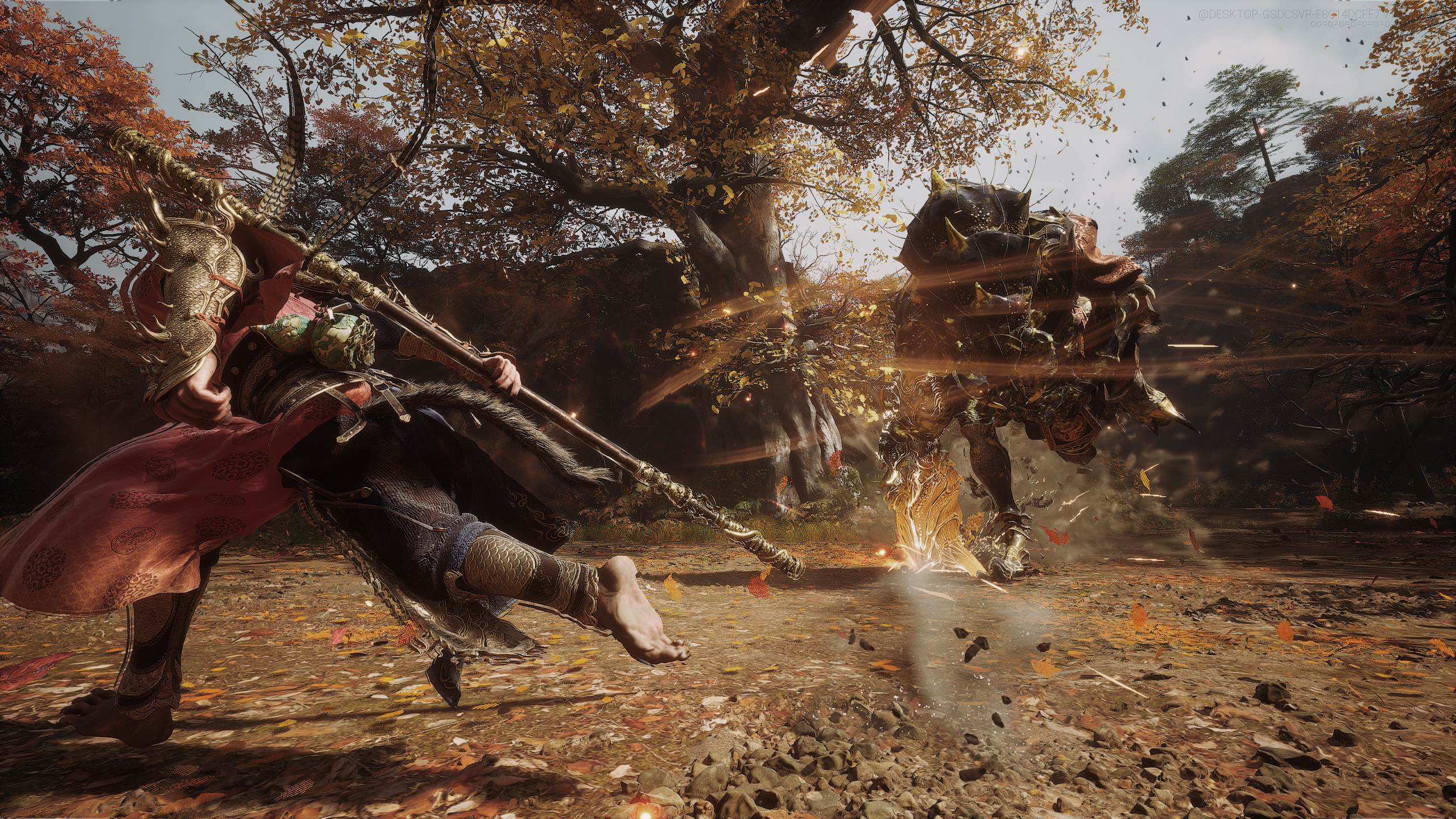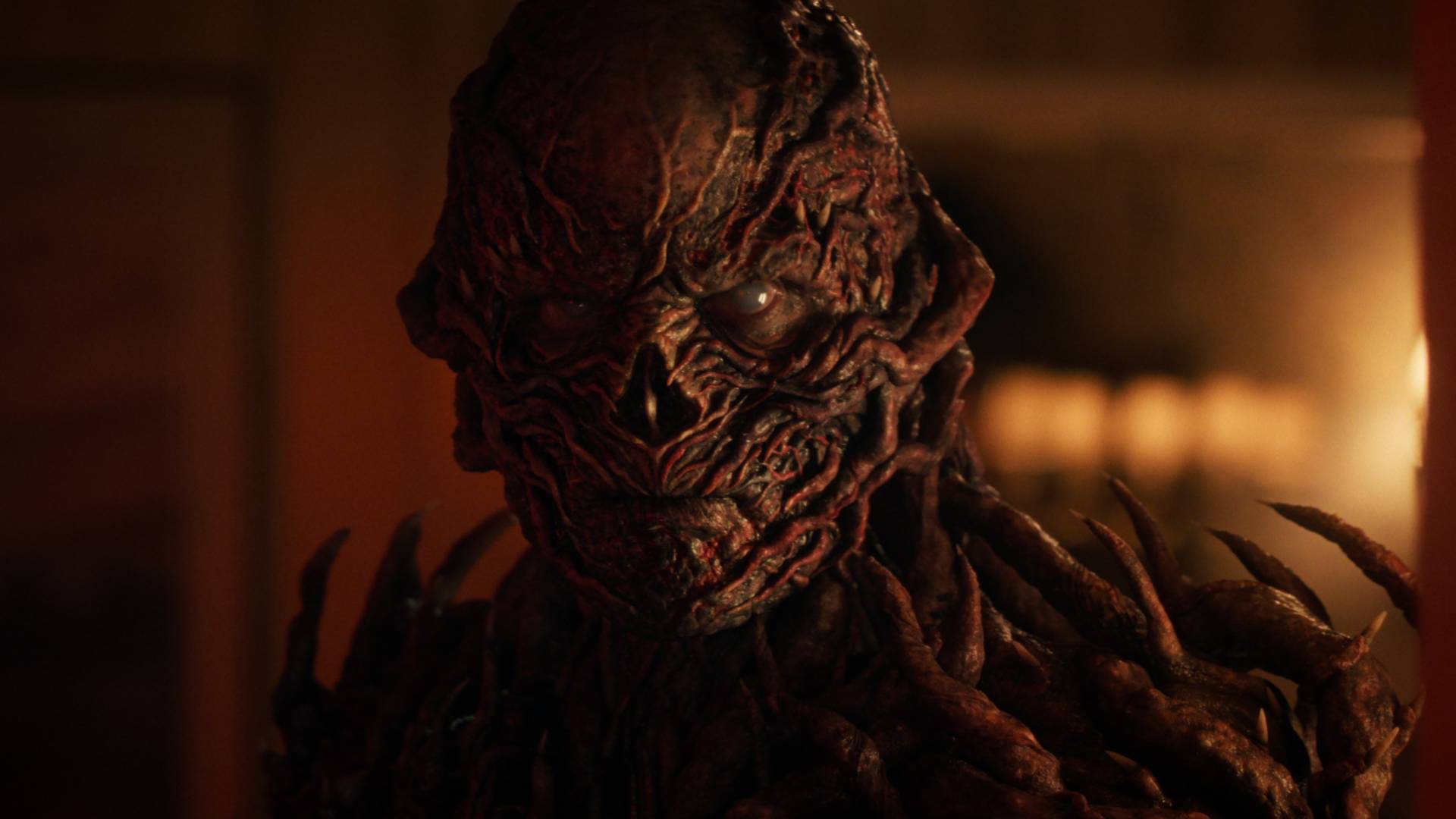Where Chinese mythology meets RPG: An exploration of Black Myth: Wukong's story
Video games have long looked to ancient tales for inspiration, though it's fair to say that they've historically been a bit loosey-goosey with the source material. From Age of Mythology's toybox scenario of 'who would win in a fight between the Ancient Greek, Norse, and Egyptian' pantheons?' to that time a fallen Greek God suddenly found himself embroiled in Midgardian family politics after single-handedly dismembering most of his own deities, games haven't exactly been known for their nuanced handling of mythological matters.
16th-century Chinese novel Journey to the West has also had its fair share of game adaptations, including the rather underrated action-adventure from Ninja Theory, Enslaved: Odyssey to the West. But again, Ninja Theory's sci-fi romp through post-apocalyptic America was a pretty far-out take on the original story.
Well now we have Game Science's Action-RPG adventure Black Myth: Wukong, which is sticking a little closer to the source material, but is still packed with mysteries that we're going to try and unpick here.
Journey to the West

To sum up the backstory. The novel's hero, Sun Wukong, was an ambitious Monkey King born from stone and trained by a reclusive master to eventually gain powers of immortality. Inevitably, the power gets to his head, provoking the Heavenly Court to intervene. Wukong's journey is brought to an abrupt end when Buddha steps in and drops a mountain on his head.
After 500 years of gloomy subterranean soul-searching and presumably realising that he got a bit carried away with the whole 'war on heaven' thing, Wukong is released on condition that he works in servitude to the monk Tang Sanzang. This is where the core plot of Journey to the West begins, as Wukong quests with Sanzang to retrieve Buddhist scriptures from India ('The West' in the title), taking on demons and monsters in a journey of redemption. It's around this point that the novel and game diverge.
In Black Myth, you too are a monkey with supernatural powers. This character is notably not called Sun Wukong, but 'The Destined One,' though he does have at least some connection to the hero of the novel. For instance, Wukong has the power of 72 'transformations,' which translates in-game as The Destined One being able to absorb the souls of defeated enemies and temporarily transform into them. In my playtime so far, 've headbutted enemies as a Wight, launched fire arrow barrages in the form of a rat archer, and turned into a mage mini-boss I defeated with whom I was able to summon snakes to spit poison at my enemies. Like Wukong, you also gain the ability to clone yourself, summoning a death squad of replicants that can fight alongside you for a short time.
Your staff can change size too, just like Wukong's. The Destined One shrinks it down to pin size and keeps it in his ear, and its resizing also integrates with the game's mechanics in cool ways; in the Pillar Stance, for example, you hold down 'Heavy Attack' to balance on top of your staff, with its length extending the longer you hold down the button. This lets you avoid ground-covering attacks before countering with an extremely rangey staff swing—great for poking some of those behemoth bosses you'll be fighting. Various heavy attacks across the three stances extend the staff to greater or lesser extents, which makes up for the Destined One's lack of ranged weaponry while neatly tying into the lore.
Weekly digests, tales from the communities you love, and more
A new tale

So The Destined One has the staff, he has the powers; what's to say that the player journey in Black Myth isn't simply about Wukong's ascension, charting his rise from the nomadic Monkey to heaven-conquering deity? Well, there's a pivotal moment where the Destined One strikes to finish off a defeated boss, and is blocked by a gold-adorned staff wielded by a monkey who looks an awful lot like Sun Wukong, revealing him to be a separate character.
The idea of multiple monkeys wouldn't be out of keeping with the novel, in which there are four 'Celestial Primates', after all.
So it looks like Game Science will be telling their own tale within this classic universe, with the title 'Black Myth' suggesting it might be a kind of myth within a myth. We'll be finding out soon, as in a few short days Black Myth: Wukong completes its own *ahem* journey to the west from its studio in China into our hands.
Rob is a freelance games journalist, SEO and content manager. He's written for PC Gamer, GamesRadar, Kotaku, Rock Paper Shotgun, WhatCulture, NextPit, PCGamesN, VG247, Eurogamer, TechRadar, and more.


